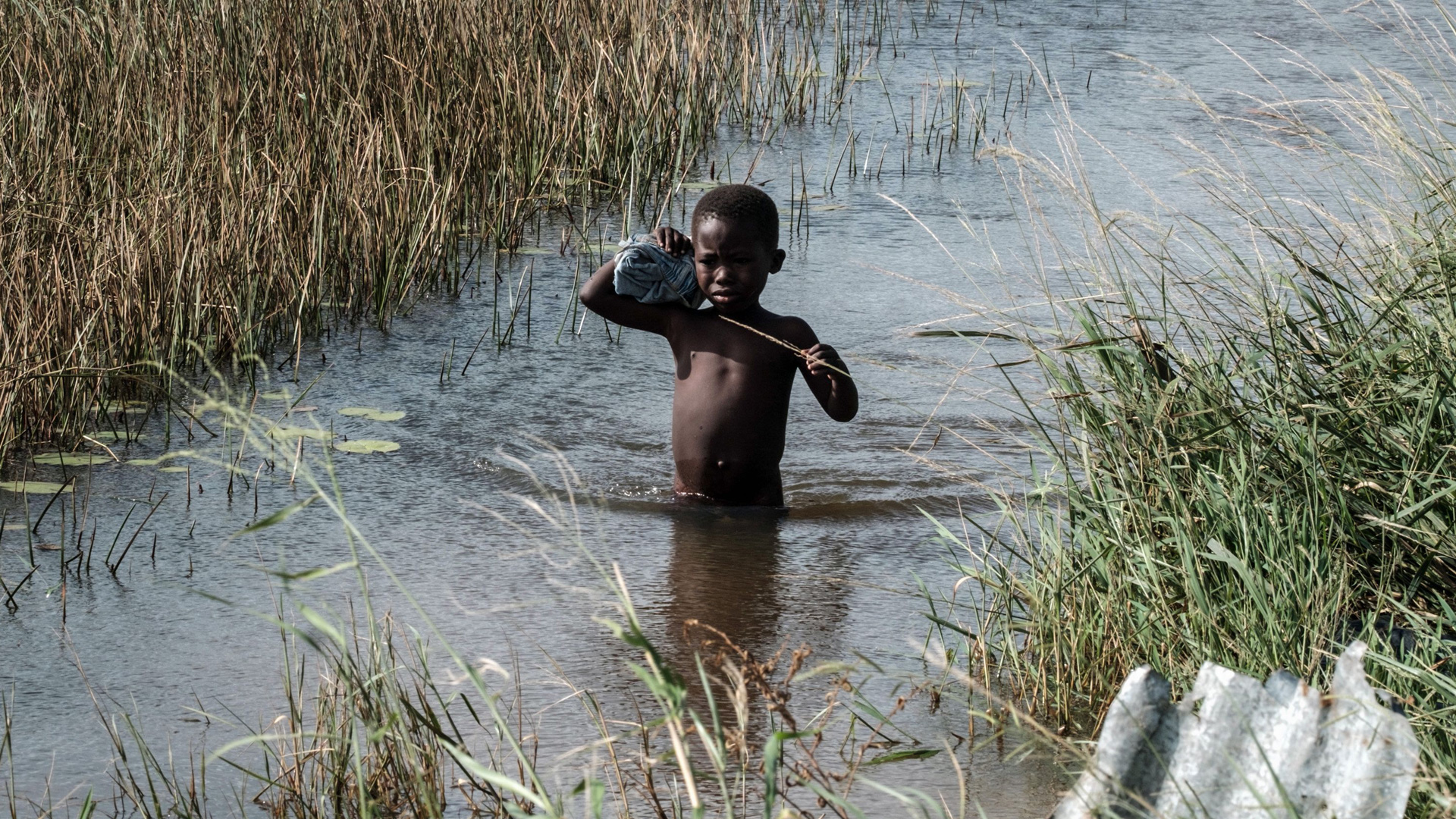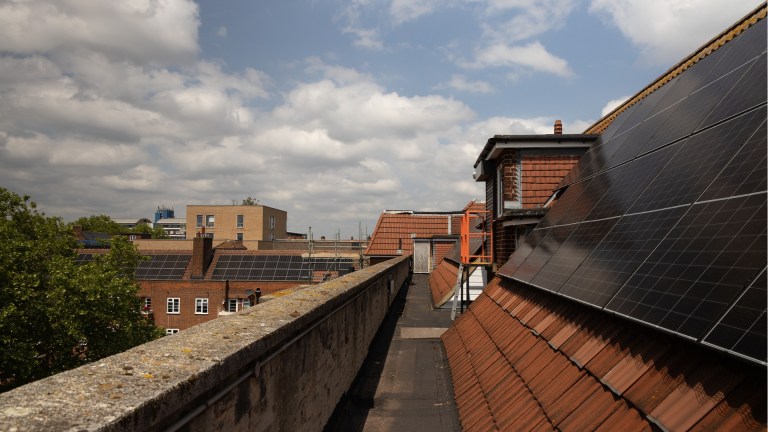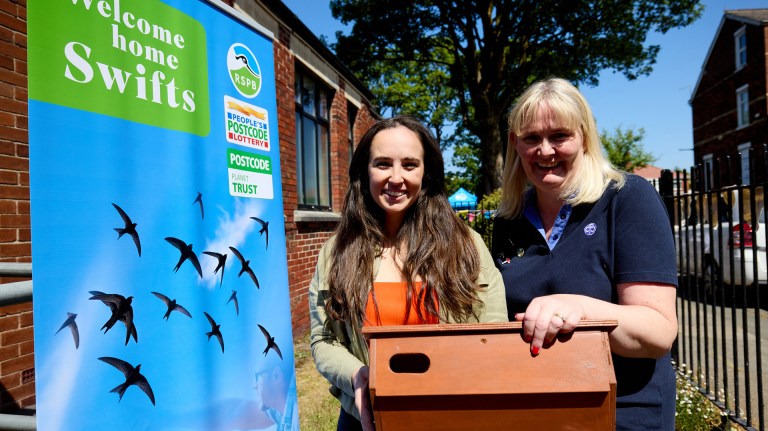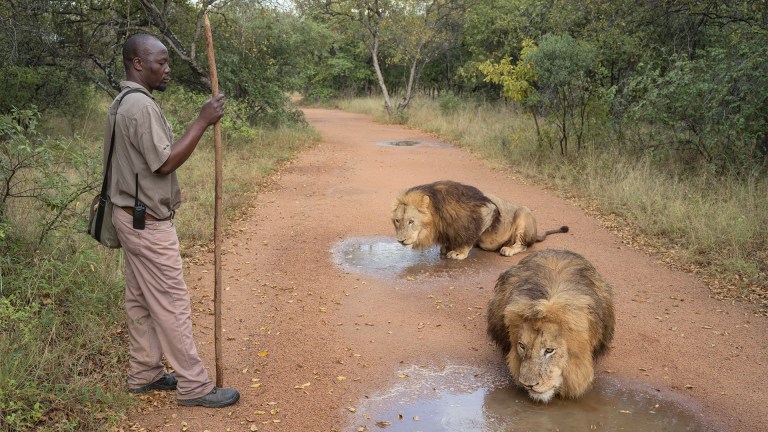In early March of 2019, a storm began brewing in the Indian Ocean. It intensified as it approached land, developed into a full-blown tropical cyclone, and hit Mozambique on the 15th. The city of Beira took the full force of the storm, inundated by a 4.4-metre surge of water that swept all before it. Half a million people were left without power, clean water, roads, communications or medical facilities. An assessment by the Red Cross would conclude that 90 per cent of the city was destroyed.
“We have to start from scratch,” said the mayor, the late Daviz Simango. “Cities have risen from the ashes after world wars in many countries, and Beira too has to rise from the ashes, because it really is destroyed.”
Cyclone Idai was the most expensive storm on record in the region, and the most deadly at 1,297 fatalities. It was a cyclone that had been intensified by climate change, which is known to be increasing the power of storms over the Indian Ocean. That arguably gives Beira a particular place in history: it is the first city to be destroyed by climate change.
And yet, Beira is hardly a household name. Cyclone Idai didn’t even make CNN’s top 100 global news stories of the year. Beira is twinned with Bristol and with Porto. If either of those cities were annihilated by a cyclone, I expect it would have made that top 100.
The case of Cyclone Idai highlights a recurring theme in today’s news reporting: the places bearing the brunt of climate disaster don’t get much media attention. British news readers might not be aware of the true impact of the climate emergency. The floods, the heatwaves, the new temperature records, most of them happen out of sight and out of mind. It’s easy to convince ourselves that climate change isn’t all that urgent, perhaps not an emergency at all.
Of course, some climate disasters do make the news. The 2019/20 fire season in Australia was in the headlines for weeks, in vibrant and traumatic orange. Australia is a place we know better, and with which we have a historic connection. Perhaps people empathise more with English-speaking white people, and find it easier to imagine themselves in a similar situation. But it does warp our sense of who is suffering from a changing climate.










